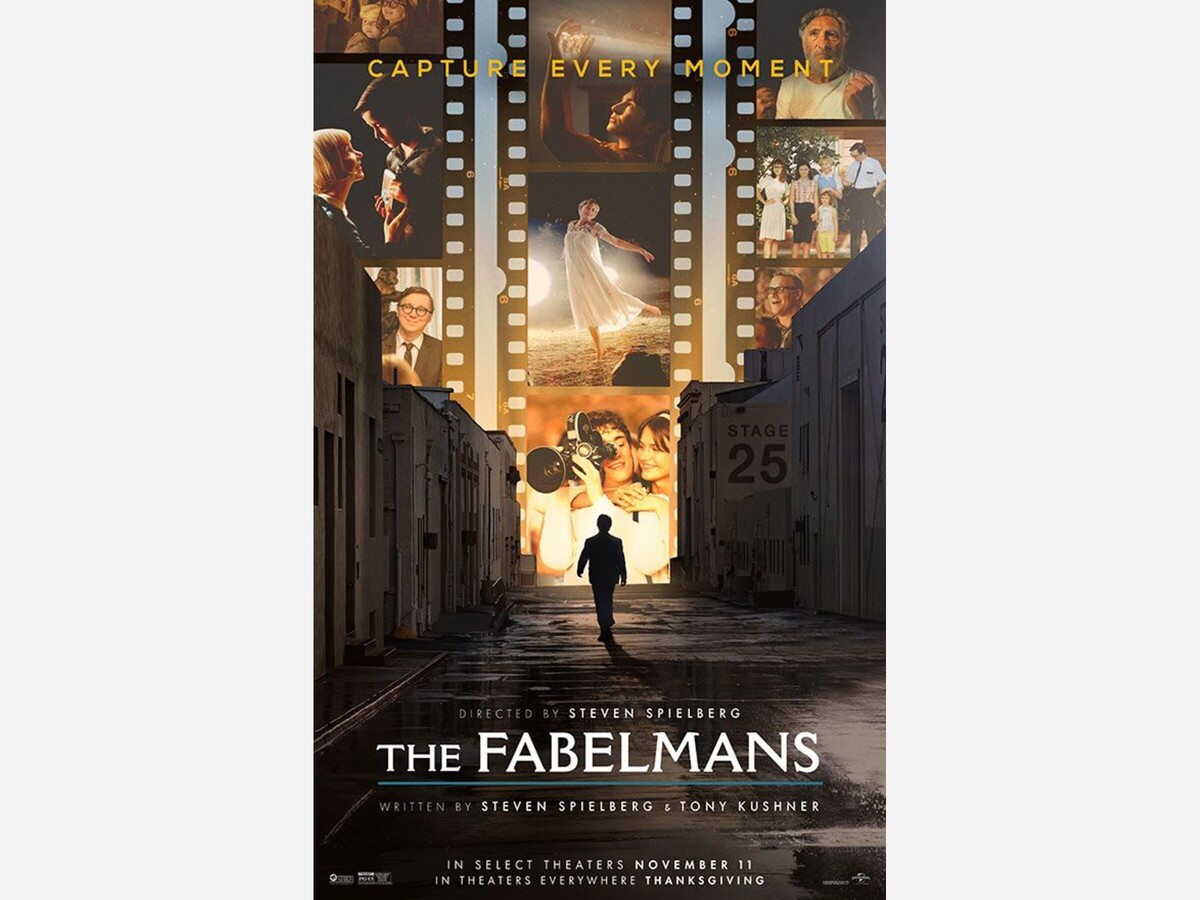Image

There are a handful of directors who would be handed $40 million to make a two and a half hour long semi-autobiographical movie about their life that would be guaranteed a theatrical release. Steven Spielberg is one of these directors and, for better or for worse, he took full advantage of the opportunity. Unfortunately, this opportunity actively harms the movie more often than it serves to its advantage.
The movie follows Sammy (Gabriel LaBelle and Mateo Zoryon Francis-DeFord as older and younger Sammy respectively) as he comes of age in post-World War II New Jersey, Arizona, and California. During this time, he discovers his love for filmmaking, much to the joy of his mother Mitzi (Michelle Williams) and to the chagrin of his father Burt (Paul Dano). Judd Hirsch also stars in a small but memorable role towards the, what feels like middle of the movie, however the pacing is so poor and the movie is so long it could have been earlier.
The biggest issue with the film is how long it is, compounded with the fact that it seems that no studio executive wanted to ask that the movie be cut down so it feels like a director’s cut. There are numerous scenes that are redundant and do not serve to make the story better, such as a scene relatively early on that showcases Mitzi playing the piano with her nails clicking, as well as a scene where shortly after Mitzi’s mother dies, there’s a weird moment where she gets a call in a dream that ultimately amounts to nothing.
The major conflict does not feel properly fleshed out, and not in a Belfast-like way where it’s intentionally from Buddy’s perspective. The conflict coming from Mitzi, Burt, and Benny (the friend of the family played by Seth Rogan) is never fully developed and just happens to add additional strain to a story that does not necessarily need it. It is also improperly paced out so it never actually fits into the plot at organic points.
There is also a tonal whiplash between what the movie is trying to do and what the movie actually is. Specifically there are two comedic beats towards the end of the movie that feel completely out of place, specifically when the rest of the movie is very much not as meta as these two beats are. They belong more in a movie like Clerks III or The Disaster Artist that are playing with a meta-reality while The Fabelmans
is played like a straightlaced period piece.
At the end of the day, The Fabelmans is going to probably take home some hardware at the major award shows this year, probably because it checks all the boxes to win an Academy Award. It’s a period piece, loosely based on the life of a famous director, directed by the person himself, and is set over a long period of time. At this point it will be leaving theaters shortly, which is for the best because it is probably best experienced with the ability to pause and take a break because, while a lot of movies are two and a half hours long, this is a dense two and a half hours.
Final Rating: 7/10